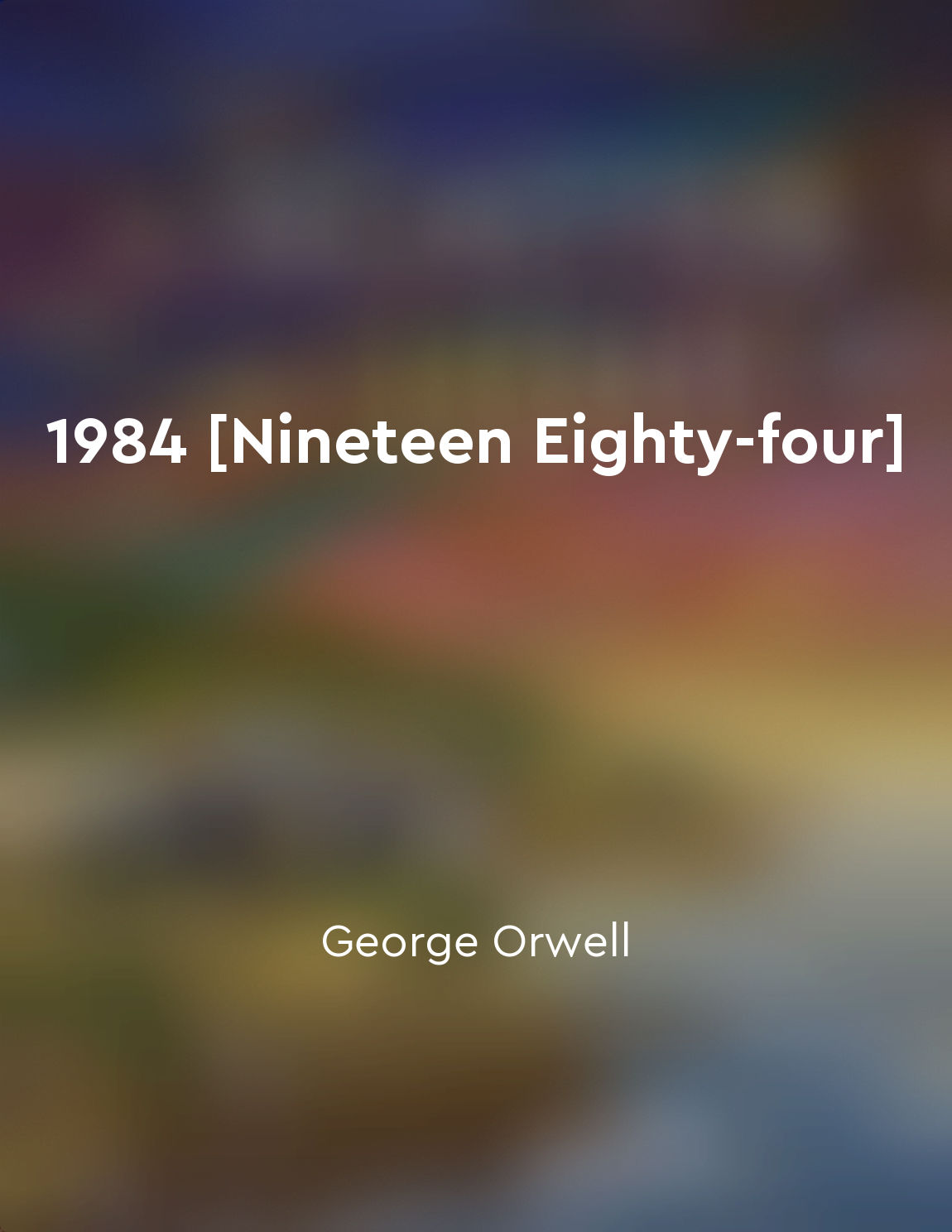Fear can drive decisionmaking from "summary" of The Quiet American by Graham Greene
Fear, like a shadow, can silently influence the decisions we make, shaping our actions in ways we may not even realize. In 'The Quiet American', this notion is vividly portrayed through the character of Pyle, a young and idealistic American who is driven by his fear of communism. Pyle's fear leads him to make decisions that have far-reaching consequences, ultimately turning him into a puppet of political agendas. Pyle's fear of communism blinds him to the complexities of the situation in Vietnam, causing him to view everything through a black-and-white lens. This narrow perspective leads him to support extreme measures in the name of fighting communism, regardless of the human cost. His decisions are not based on rational assessment but on the primal fear that grips him, clouding his judgment and guiding his actions. As Pyle becomes more entrenched in his fear-driven worldview, he becomes increasingly willing to sacrifice his own moral compass. He justifies his actions by telling himself that the end justifies the means, echoing the sentiments of those who seek to exploit his fear for their own gain. In this way, fear becomes a powerful force that can manipulate even the most well-intentioned individuals, turning them into agents of destruction. The consequences of Pyle's fear-driven decisions are devastating, not only for himself but for those around him. Lives are lost, relationships are shattered, and a once-promising future is irreparably damaged. The novel serves as a cautionary tale, reminding us of the dangers of allowing fear to dictate our actions and the importance of confronting our fears with courage and compassion. In 'The Quiet American', fear is not just a personal emotion but a potent political tool that can be wielded to manipulate individuals and shape the course of history. It is a reminder that fear, if left unchecked, can drive us to make decisions that we may come to regret, leading us down a path of destruction and despair.Similar Posts

Propaganda shapes public perception
Propaganda, in its various forms, has the power to mold the minds of the masses and control their thoughts and beliefs. Through...

Big Brother is symbol of oppressive government
Big Brother is a figure that embodies the essence of a powerful and oppressive government. He is omnipresent, with his face pla...
Stephen struggles with guilt and trauma
Stephen's inner turmoil is evident throughout the novel as he grapples with the guilt and trauma that have come to define his e...
Love can be complicated
Love, like all other aspects of human existence, can be a complex and multifaceted phenomenon. In the midst of war-torn Vietnam...

Winston's struggle for truth and freedom ends in defeat
Winston's belief in truth and freedom led him to defy the oppressive Party that controlled every aspect of society. He sought t...

Vann's disillusionment mirrors that of many American soldiers
Vann's disillusionment was a reflection of the sentiments felt by numerous American soldiers during the Vietnam War. As he witn...
Newspeak limits freedom of expression
In the totalitarian society depicted in Nineteen Eighty-Four, the ruling Party employs Newspeak as a tool to control the though...
